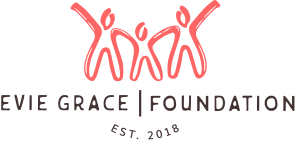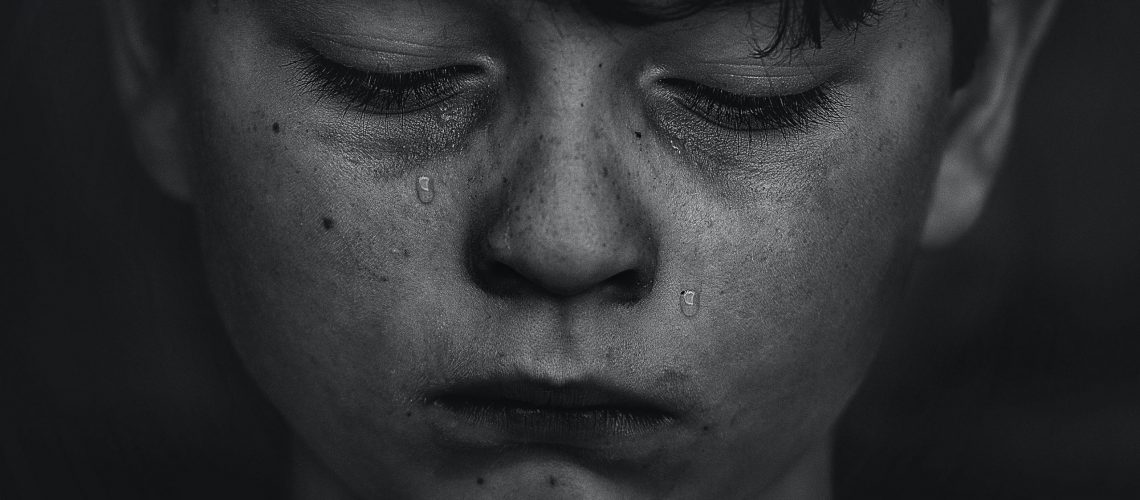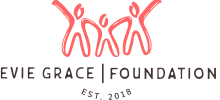Michael was eight years old when he lost both his parents in a car accident.
Elina was five years old when she was given to an orphanage due to poverty in the family.
Riya was eight years old when her closest relative sexually abused her.
Niyan was four years old when his Dad abused and almost killed his Mum.
Abhiyul was ten years old when he was beaten badly by his Dad for losing a small amount of money.
Noelle was 12 years old when her drug addict parents abandoned her.
***
Over 2.5 billion children worldwide were affected by traumatic conditions in the past decade through various forms of neglect, abuse, natural disasters, accidents, and violence. Other reasons for childhood trauma could result from trauma that affects their own caregiver/parent – like divorce, prison, ill-health, and misuse of substances.
When a child is presented to a Pediatrician with ADHD or behavioural disorders, it is very likely that the child had experienced neglect or an accident when it was much younger.
Experiencing trauma can result in:
Behavioural issues, such as
- New fears
- Nightmares
- Insomnia
- Anxiety
- Depression
- Sadness
- Loss of interest in usual activities
- Less social interaction
- Irritability
- Anger
- Behavioural complaints
Health Conditions
- Heart conditions
- Cancer
- Autoimmune disorders
- Illness
- Chronic stress
- Suicidal ideation
- Hurting others
While some of the children experience short term distress and get back to normal functioning over the course of time and a little bit of medical help, others (most of them belong to this category) suffer from lifetime disorders and long term distress.
Many of the children receive required medical treatment for psychological disorders such as PTSD (Post Traumatic Stress Disorder), and most of the treatments aren’t studied nor do they have proven results.
Nearly 3 in 4 children or 300 million children aged from 2-4 years were affected by physical and psychological violence at households. One in 5 women and 1 in 13 men reported they were sexually assaulted when they were aged between 0-17 years.
The Consequences of childhood trauma can slow down a country’s economic and social development. However, Cognitive Behavioural Therapy (CBT) has proven to be the most effective technique so far in the kids and adolescents who have persistent traumatic reactions.
Getting Help
There is always help if you think you are affected by trauma in your life.
Therapy:
Professionals play a significant role in the recovery of adolescents and children who are experiencing the above symptoms. Also, it’s a great help as they can get additional training for those who don’t cope up with the reaction by themselves.
Education:
Providing education about how it is essential to notice and talk about the traumatic experience to obtain help. Conveying information about trauma not only to the affected children but also to others who are surrounded by them can be of great help to take care of them.
Support:
Supporting families and communities and encouraging them to open up and talk about their experience can reduce the risk of long term distress conditions. Parents and caregivers should understand and be patient based on the development level of their child’s age. Establishing routines and providing reassurance and a safe environment is also immensely important.
Respect:
Respect the child’s opinion about receiving treatment and if it is open to talking about the trauma. Always leave the door open for them rather than forcing them to obtain treatment. Always be considerate and confidential regarding the children’s consent about the therapy.
Many organisations are trying to avoid the interpersonal causes that are affecting younger children. EVIE GRACE FOUNDATION is advocating the street children by housing them and teaching them to live a better life.
Being considerate and always open to having a conversation is a significant step and is much needed to achieve a noticeable impact in these children’s lives.
References
https://www.apa.org/pi/families/resources/children-trauma-update
https://www.blueknot.org.au/Resources/Information/Understanding-abuse-and-trauma/What-is-childhood-trauma
https://www.health.harvard.edu/diseases-and-conditions/past-trauma-may-haunt-your-future-health#:~:text=Early%20childhood%20trauma%20is%20a,stroke%2C%20cancer%2C%20and%20obesity.
https://www.health.harvard.edu/diseases-and-conditions/past-trauma-may-haunt-your-future-health#:~:text=Early%20childhood%20trauma%20is%20a,stroke%2C%20cancer%2C%20and%20obesity.
****The names are changed due to privacy and confidentiality.
Written by: Chandini Balla and Andrea Manno


